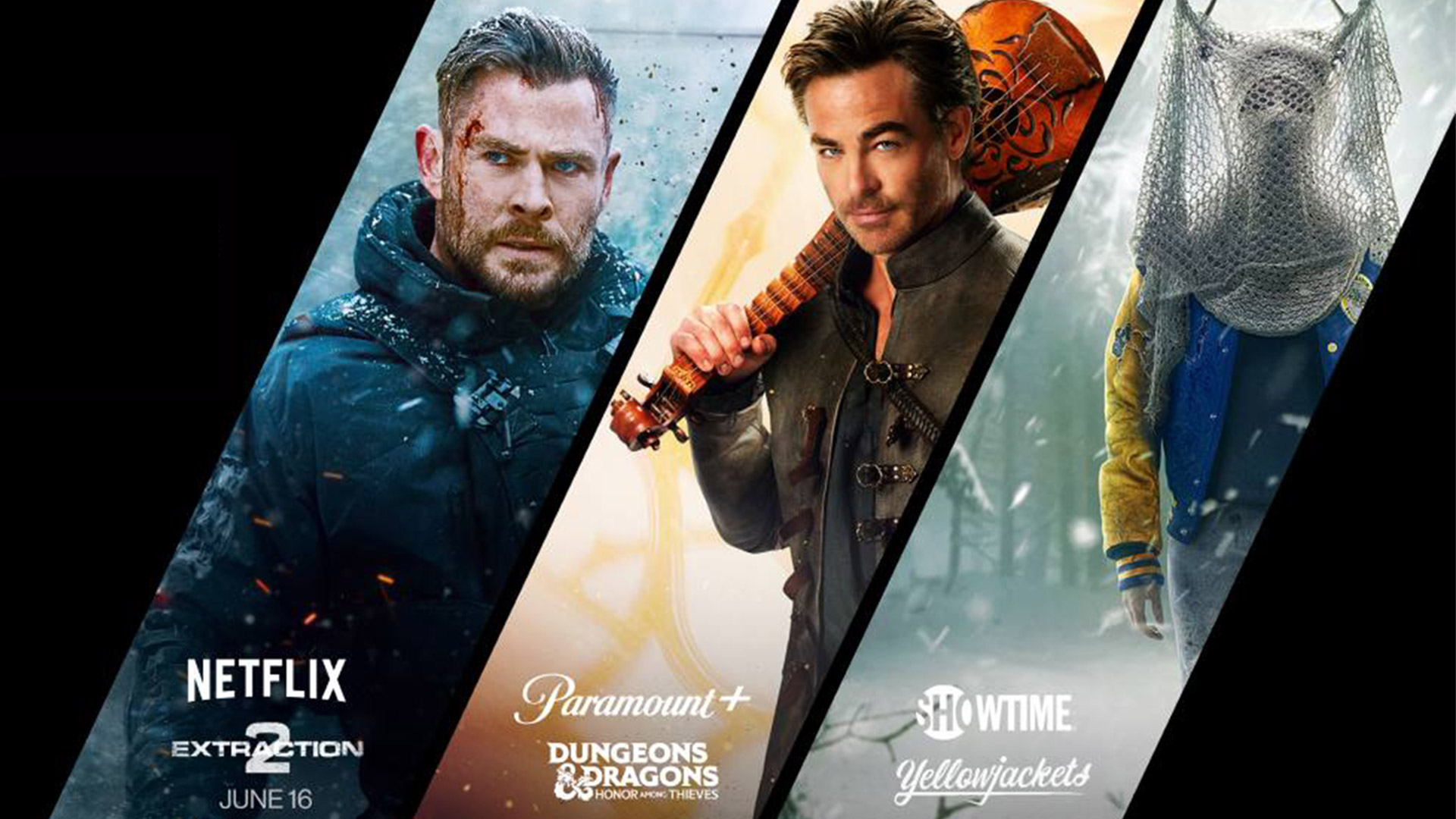
For many savvy subscribers to the best streaming services, the trick to getting the most bang for your bucks is to limit where those bucks go – so if a streamer isn't currently delivering the goods, why keep paying for it when you can simply cancel your subscription and resume it when there's something you want to see? And while that's wise, it's also a real headache for the streaming industry because such "churn" limits their efforts to build audiences and make money.
Verizon thinks it has the answer, and it could be good news for you and I as well as good news for the streamers. By bundling up multiple streamers in discounted bundles, like it did with the Netflix and Max bundle last December, it reckons it can keep us from churning. The streamers get our eyeballs and we get our TV for less. What's not to like?
Why Verizon is going big on bundles
According to The Information [paywall], Verizon is pitching hard to entertainment companies in the hope of getting them on board for bundles like its Netflix and Max bundle, which it launched late last year. That bundle is a $10 deal, saving you a whopping 41% on the combined cost of the two services.
The appeal for consumers is obvious: it saves us money. I review my subscriptions every month because I simply can't afford to pay for all the streaming services all of the time, and I cancel or pause the subscriptions on the ones I'm not using or could happily live without for a while. Because otherwise it means spending a fortune.
Verizon isn't the only bundler. Where I live in the UK, satellite/IPTV broadcaster Sky offers bundles that combine its various entertainment channels (including Sky Atlantic, which streams US shows such as Max's True Detective) with Netflix and a broadband connection too. Meanwhile, phone network Vodafone offers entertainment plans that include YouTube Premium or Prime Video with your airtime contract. That typically works out cheaper than taking out a sub separately, and for streamers it's much stickier than a stand-alone subscription because you're tied in for a year or more for the whole bundle.
More bundling seems inevitable and largely welcome, but it does have the unfortunate side-effect of making the market more confusing. According to AdWeek, the streaming industry is now entering "its messy era": "Hybrid TV is leaving consumers confused and increasingly penny-pinched as networks and streamers fight for ad dollars and attention through rebrands, bundles, ad tiers and content cross-pollination... experts expect more consolidation, bundling and licensing in the upcoming year as streamers and networks reach across the aisle to fight fragmentation and reduce churn."
If that sounds awfully like the old days of cable bundles, that's because it is. According to AdWeek, "cable TV ad-supported paradigms of the past are the way of the future." Or as one insider put it: "What's old is new again."







